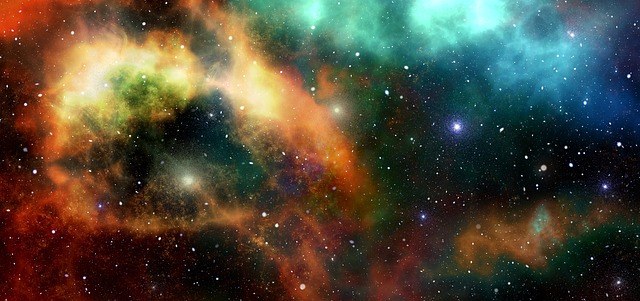
In the 1990s, data obtained from the Hubble telescope suggested that the expansion of the universe is happening rapidly now when compared to its younger days. This finding made scientists believe that there could be a mysterious form of energy that accelerates the expansion of the universe. Scientists named this hypothetical form of energy as dark matter and even after vigorous research on this area, experts are still clueless about their existence and the way in which it acts.
However, some space experts believe that dark energy is actually a fifth force of energy that acts on matter, along with gravitational, electromagnetic and strong and weak nuclear forces. Recently, a team of researchers at the Imperial College, London conducted a test to know more about this mysterious fifth force.
This experiment performed on single atoms tried to determine whether the fifth force becomes weaker when there is more matter. It should be noted that the gravitational force becomes strong when more matter is present, and experts speculate that this dark energy becomes weaker as the matter gets increased. If this hypothesis is correct, then the fifth force should be very strong in the vacuum of space but should be weak around the matter.
During the research, scientists used an atom interferometer to determine whether any extra forces are acting on an atom. However, the team failed to find any presence of the fifth force, and this finding suggests that physicists can rule out a whole class of models of dark energy as a fifth force, and can search for other possible alternatives.
"It is very exciting to be able to discover something about the evolution of the universe using a table-top experiment in a London basement," said Ed Hinds, a professor at the Department of Physics in Imperial in a recent statement.
A few months ago, a study led by an Oxford University researcher had suggested that it is not the dark matter, but a dark fluid of negative mass that comprise 95 percent of the universe. Jamie Farnes, the scientist who conducted this research also suggested that this theory could unveil the real reason why galaxies hold together in space.









